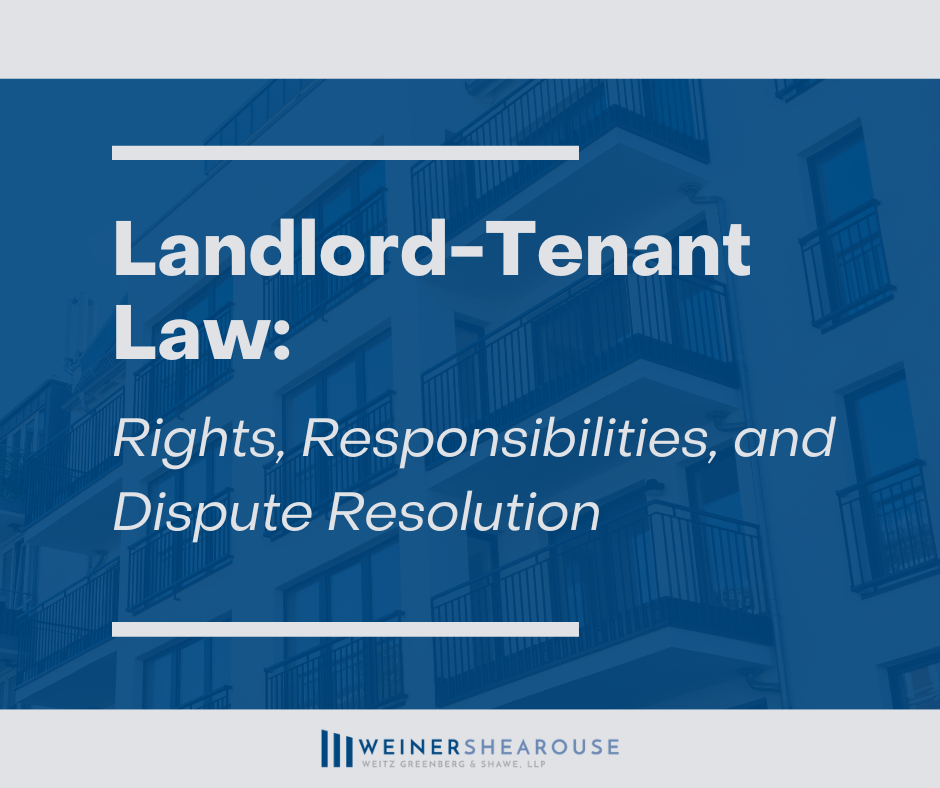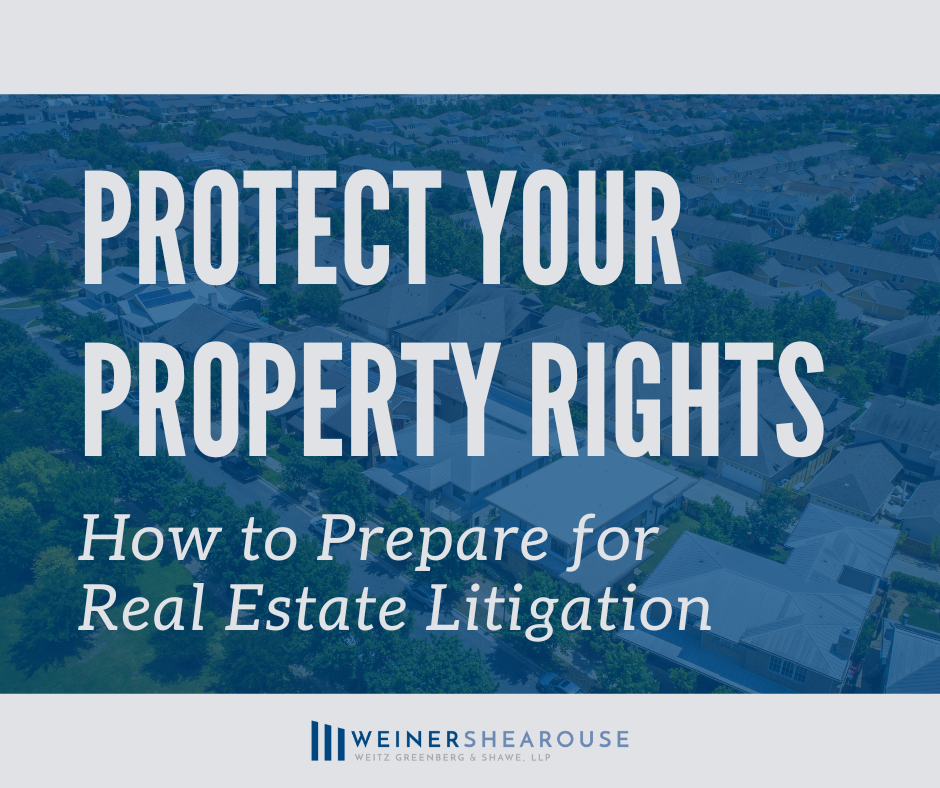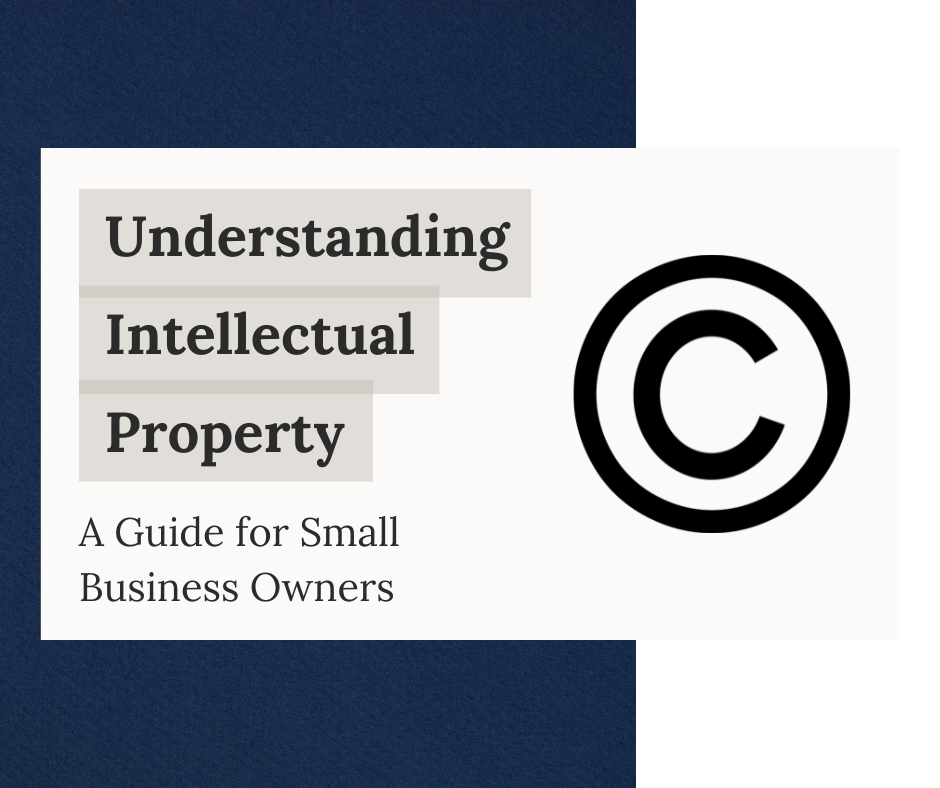Owning real estate is a significant investment, but disputes can arise that can threaten your…

Landlord-Tenant Law: Rights, Responsibilities, and Dispute Resolution
1. Landlord-Tenant Law: Rights, Responsibilities, and Dispute Resolution
Landlord-tenant relationships are governed by a complex set of laws and regulations aimed at protecting the rights of both parties involved. Whether you’re a landlord renting out property or a tenant seeking a place to live, it’s important to understand your legal rights, responsibilities, and the tools available for resolving disputes.
Rights and Responsibilities of Landlords
Landlords have certain rights and responsibilities outlined by law. These typically include:
- Right to collect rent: Landlords have the right to collect rent from tenants as per the terms of the lease agreement.
- Duty to maintain safe and habitable premises: Landlords are obligated to provide tenants with a safe and habitable living environment, including proper maintenance of essential utilities and addressing health and safety hazards.
- Right to enter the property: Landlords have the right to enter the rental property for specific purposes, such as conducting repairs, inspections, or showing the property to prospective tenants, but they must provide reasonable notice as required by law.
- Duty to respect tenant privacy: While landlords have the right to enter the property under certain circumstances, they must also respect tenants’ privacy rights and provide advance notice, except in emergencies.
- Right to evict for non-payment or violation of lease terms: Landlords have the right to evict tenants who fail to pay rent or violate terms of the lease agreement, but they must follow proper legal procedures and adhere to eviction laws.
Rights and Responsibilities of Tenants
Tenants also have rights and responsibilities that they must uphold. These may include:
- Right to a habitable dwelling: Tenants have the right to live in a safe and habitable rental unit, free from health and safety hazards.
- Duty to pay rent on time: Tenants are responsible for paying rent on time as specified in the lease agreement.
- Right to privacy: Tenants have the right to privacy in their rented premises, and landlords must provide notice before entering the property, except in emergencies.
- Duty to maintain the property: Tenants are typically responsible for maintaining the rental unit in a reasonably clean and safe condition, as outlined in the lease agreement.
- Right to take legal action against landlord violations: If landlords fail to fulfill their legal obligations, tenants have the right to take legal action, such as withholding rent or filing a lawsuit for breach of contract.
Dispute Resolution Mechanisms
Despite best efforts to maintain an amicable landlord-tenant relationship, disputes may arise. There are several ways for resolving conflicts between landlords and tenants:
- Negotiation: Open communication and negotiation can often resolve minor disputes without the need for formal legal intervention.
- Mediation: A neutral third party, such as a mediator, can help facilitate discussions between landlords and tenants to reach a mutually acceptable resolution.
- Arbitration: In arbitration, a neutral arbitrator hears both parties’ arguments and makes a binding decision to resolve the dispute.
- Legal Action: In cases where informal resolution methods fail, landlords or tenants may resort to legal action, such as filing a lawsuit in small claims court or seeking assistance from a tenant advocacy organization.
Understanding landlord-tenant law is essential for both landlords and tenants to effectively navigate their rights and responsibilities. By familiarizing themselves with relevant laws and regulations and adopting proactive communication and conflict resolution strategies, landlords and tenants can mitigate disputes and foster positive rental relationships. If disputes do arise, seeking timely legal advice and exploring alternative dispute resolution options can help achieve a fair and equitable resolution for all parties involved.



